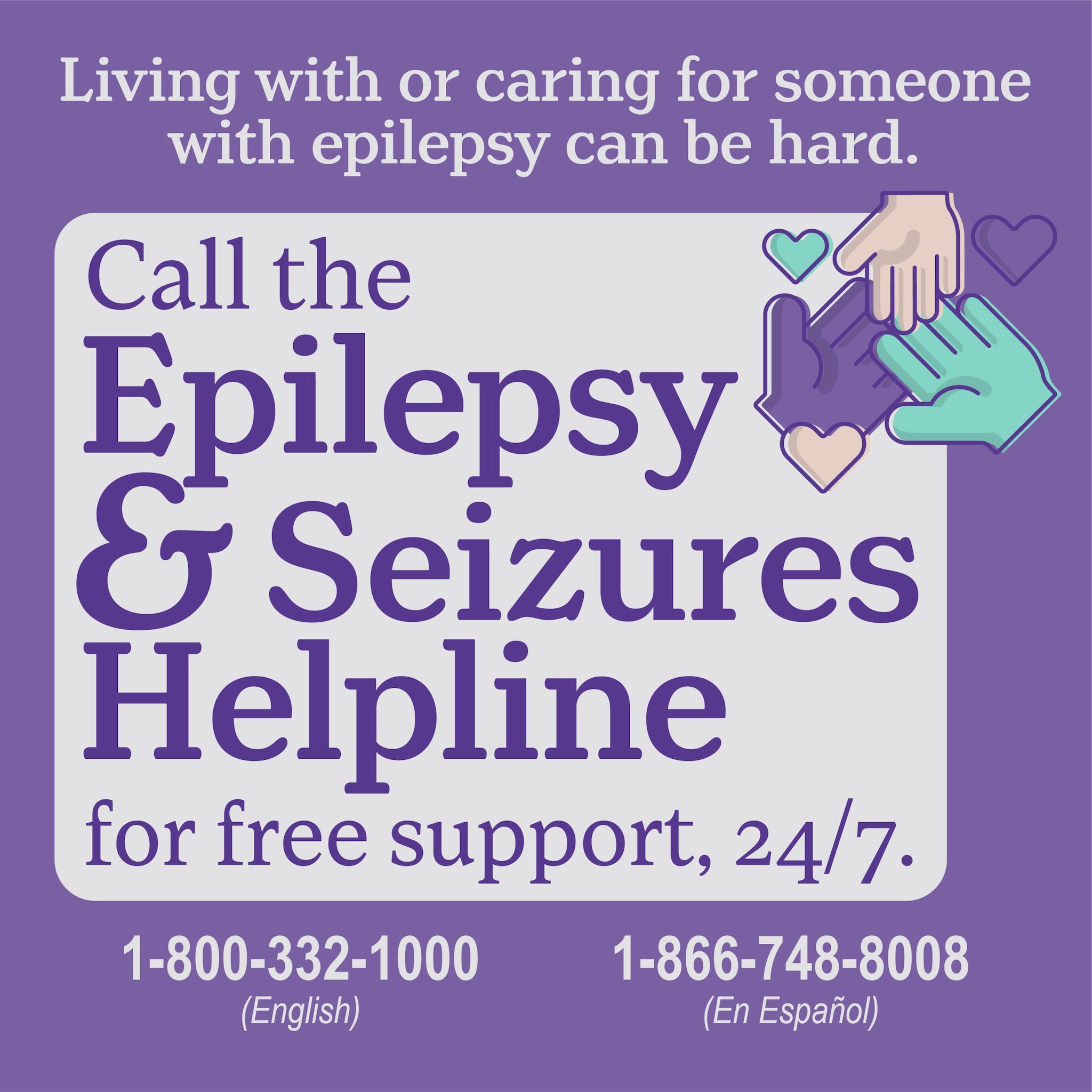Key points
- Taking care of yourself can help you control your seizures and lead a fuller life.
- You can learn everyday strategies that help you feel better.
- There are programs that can teach you self-management skills.

Everyday life
Epilepsy can get in the way of life, especially when seizures keep happening. They may make it hard to work, go to school, drive, or socialize. Epilepsy medicines can make you feel tired, weak, or forgetful.
Living well with epilepsy
Learning everyday strategies and skills to manage epilepsy can help you feel better and improve your quality of life.

Everyday strategies
Understand epilepsy and your treatment
- Learn about your condition.
- Take your seizure medicines as prescribed.
- Check with your doctor before taking other medicines or supplements.
- Talk to your doctor about health concerns.
Manage your seizures
- Track your seizures to understand patterns.
- Pay attention to the things that can trigger your seizures so you can avoid them if possible.
Practice a healthy lifestyle
- Get at least 7 to 8 hours of sleep each night.
- Exercise regularly and safely each day.
- Eat a well-balanced diet and keep a healthy weight.
- Don't use tobacco.
- Limit your alcohol intake.A
- Avoid using illegal drugs, prescription drugs in ways other than prescribed, or someone else's prescription.
- Keep other health conditions in check.
Take care of your mental health
- Practice ways to lower stress.
- Get help for emotional problems.
- Use strategies to help with memory problems.
- Keep in touch with friends and family.
Resources and support
Join a self-management program
Self-management programs can help you learn to make good decisions about your health and feel better while living with epilepsy.
The CDC-funded MEW Network has developed programs that have been proven effective and are available to people with epilepsy in some communities. Some programs also are available through phone or online groups.
Epilepsy self-management programs
- HOBSCOTCH (Home-Based Self-Management and Cognitive Training Changes Lives) helps people with epilepsy learn to improve memory.
- MINDSET (Management Information and Decision Support Epilepsy Tool) is available in English and Spanish. It supports provider and patient communication and decision making to improve patient self-management.
- PACES (Program of Active Consumer Engagement in Self-management in Epilepsy) helps people with epilepsy learn to improve their confidence to take charge of their physical health, mental health, and quality of life.
- Project UPLIFT (Using Practice and Learning to Increase Favorable Thoughts) is available in English and Spanish. It teaches mindfulness and other skills to people with epilepsy to reduce depression and improve quality of life.
- SMART (Self-Management for People with Epilepsy and a History of Negative Health Events) helps people with epilepsy learn skills to cope with stress, stigma, and isolation, and to better control seizures.
- TIME (Targeted Self-Management for Epilepsy and Mental Illness) is designed to improve epilepsy and mental health outcomes for people with epilepsy.
Call the 24/7 Helpline when you have questions
CDC supports the Epilepsy Foundation's Helpline. Calls are answered 24 hours a day, 7 days a week, in English and Spanish. Specialists will answer your questions and connect you to resources where you live. You can also look up a resource online.
English: 1-800-332-1000
Spanish: 1-866-748-8008

- For adults who choose to drink alcohol, men should have no more than two drinks in a day, and women should have no more than one drink in a day.
- Managing Epilepsy Well Network. Self-management is what you do to take care of yourself. Accessed October 31, 2023. https://static1.squarespace.com/static/5b4cd1975417fcf45807b53c/t/5b5a25d5aa4a997b96498877/1532634581753/MEW_Flyer_Self-Management.pdf
